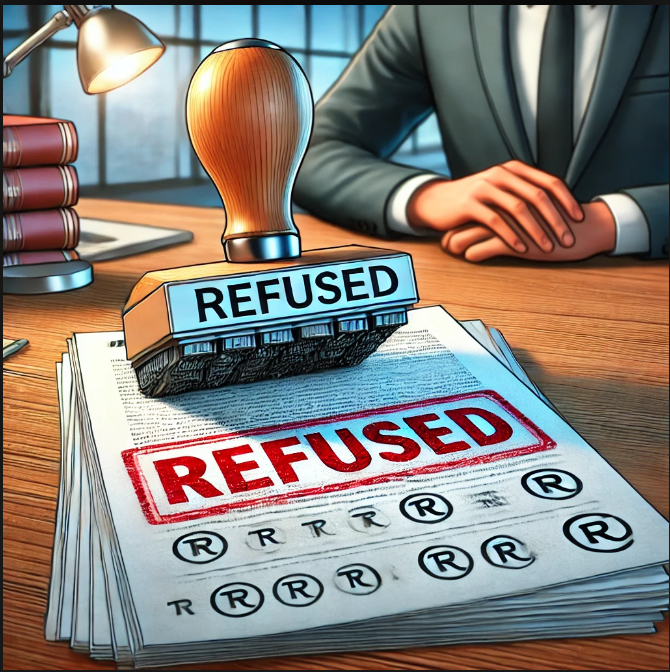
Trademark objections in India commonly arise due to several reasons, often identified during the examination process by the Trademark Registry. Here are some of the typical reasons:
Similarity to an Existing Trademark: If the applied trademark resembles an already registered mark or a pending application in appearance, sound, or concept, the registry may object, as it may lead to consumer confusion.
Descriptive or Non-Distinctive Marks: Trademarks that describe the goods or services rather than distinguishing them (e.g., “Sweet” for a candy brand) can be refused. Similarly, marks that lack distinctiveness, such as common or generic terms, are often objected to.
Prohibited or Offensive Words: Marks that contain prohibited or offensive terms under Indian law, such as those that may hurt religious sentiments, are likely to be rejected.
Deceptive or Misleading Marks: If a mark could deceive or mislead the public about the nature, quality, or origin of the goods or services, it may face objection. For example, a trademark implying organic ingredients for a product that isn’t organic would likely be flagged.
Use of Common Surnames or Geographical Names: Names that are common surnames or geographical locations are usually objected to, as they are not considered inherently distinctive unless they have acquired distinctiveness.
Violation of Emblems and Names (Prevention of Improper Use) Act, 1950: If the mark includes national symbols, emblems, or other elements protected by this Act, it will likely be objected to.
Incorrect Classification of Goods or Services: Applications filed under the wrong class of goods or services (following the Nice Classification) may face objection, as the classification is critical for protection.
Lack of a Power of Attorney (POA): If a trademark application is filed by an agent or attorney without submitting a signed POA document, the application may face objection until this is provided.
Addressing Trademark Objections
To respond to a trademark objection, the applicant generally files a counter-statement addressing the concerns raised. Providing additional evidence, demonstrating distinctiveness, or making slight modifications to the mark may help in overcoming the objection
